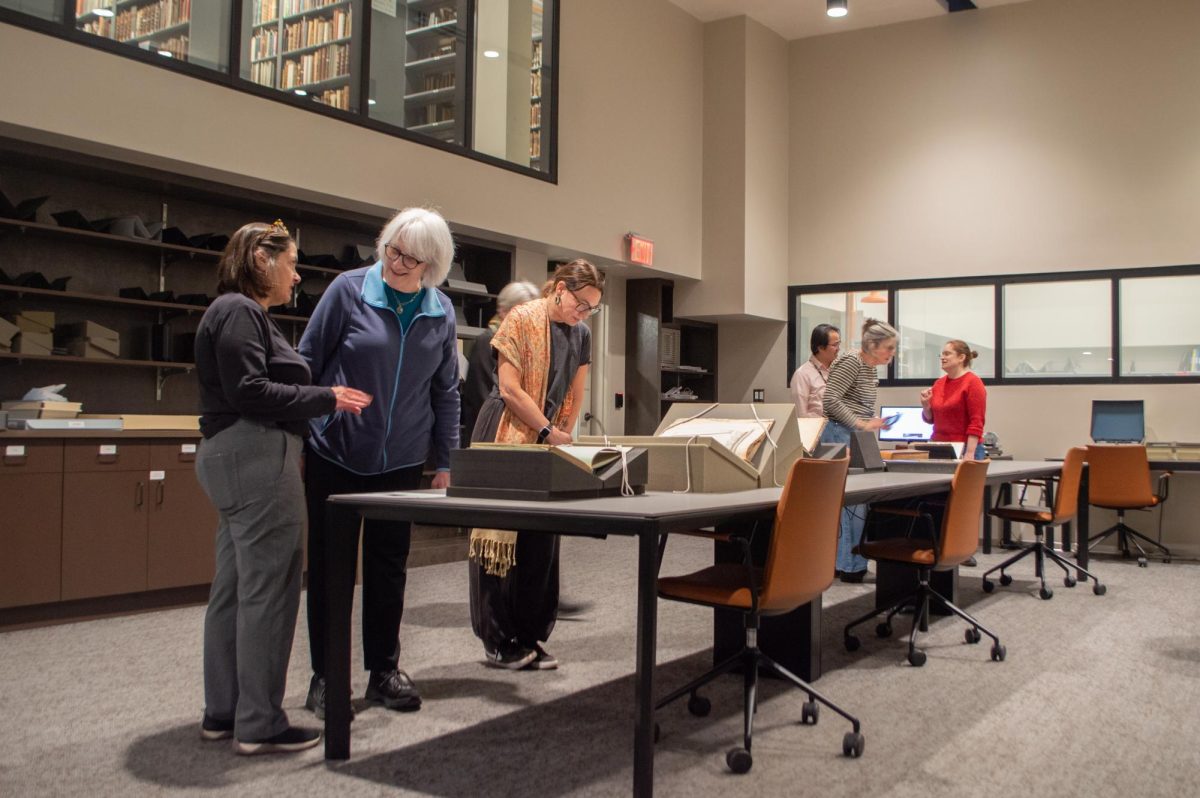
By Jessica Sipprelle, News Correspondent
The growing predominance of Adderall as a treatment for the increasingly prevalent Attention Deficit Hyperactivity Disorder (ADHD) is causing much controversy surrounding the condition, especially with the abuse of the drug on college campuses.
Mary Barrows, Director of the learning disabilities program at Northeastern University, said in order for an ADHD diagnosis to be accurate, the symptoms “must manifest in all parts of life and start in childhood.” She said adults diagnosed with ADHD have trouble with executive functioning skills, which refer to one’s ability to plan, organize, and integrate and monitor behaviors.
“Sometimes, it is possible for a student’s ADHD symptoms to go unnoticed throughout childhood because [he or she] was kept organized by mom and dad,” Barrows said. “The unstructured college environment can pose challenges for a student with ADHD and that the symptoms can become more noticeable as a result.”
When asked whether he prescribed the drug, Dr. Peter Doyle, medical director at Northeastern’s University Health and Counseling Services, said, “At the university we insist on the formal testing or a very long history with thorough documentation from an accredited provider before we would consider writing a prescription for a student.”
Doyle said the drug allows patients to focus much more effectively on school, work and other tasks. The drug is also used for some cases of treatment-resistant depression and occasionally for obesity.
For people that are diagnosed with ADHD and receive appropriate clinician monitoring, stimulant medications such as Adderall can be helpful, said Dr. Robert Klein, the director of behavioral health at Northeastern’s Health and Counseling Services (UHCS).
Adderall “enhances certain chemicals in the brain called neurotransmitters that help regions in the brain function more effectively,” Klein said. “The increased production of neurotransmitters can help someone to pay attention, have more organization and more thinking behind his or her’s behavior.”
However, Adderall is made from a combination of amphetamines, and when used inappropriately, it poses the same addictive potential as recreational drugs such as cocaine.
Doyle also said he is concerned over students who misuse Adderall as “a study drug or performance enhancer.” He said when used for these reasons, “the dangers from Adderall are huge.”
Both doctors said the risks of abusing Adderall at high dosages far outweigh its benefits, including psychosis, paranoia, mood instability, mania, irritability, greatly increased blood pressure, stroke, increased heart rate, increased risk of cardiac arrhythmias and increased risk of seizures, heart attack and sudden death.
Middler music industry major Priscilla Babchak said her experience with Adderall has been positive.
Since her initial diagnosis, she said she has not suffered any negative effects from taking Adderall. Babchak also said she does become tolerant to the prescribed dosage, and as a result has switched between several other medications prescribed for ADHD.
“If someone has been abusing Adderall, however, the dose required to provide the desired effects grows greater and greater and the central nervous system depends on this dose on a regular basis [to function],” Klein said.
Doyle said the benefits of Adderall in controlled situations outweigh the risks. It is usually only prescribed after formal testing shows clear evidence of ADHD
While these tests may show clear evidence, Klein said there is “no specific test or scan that can tell whether somebody has ADHD.” The diagnosis must be made through “a careful interview and history that takes account a number of different types of symptoms and behaviors.”
Barrows also said testing is required before a prescription is written at the university. She claims that the testing studies three areas: aptitude, achievement and information processing.
The university also offers various alternative non-medication treatments for students diagnosed with ADHD. These options include legally mandated academic accommodations at no cost, such as extended time, through the Disability Resource Center, as well as a fee-based program that students must be accepted into in order to ensure a correct match. In the fee based program, said Barrows, students works on time management and other study skills in two private hour-long sessions per week.
“As a university physician one of my darkest fears is about the student who takes Adderall for a test, goes drinking that night, downs a vodka with red bull, drinks a cappuccino from Starbucks and takes some Sudafed the next morning for the sniffles,” said Doyle. “The resultant mix has such a terrible risk of causing a lethal cardiac arrhythmia I am surprised no student has died this way yet.”








